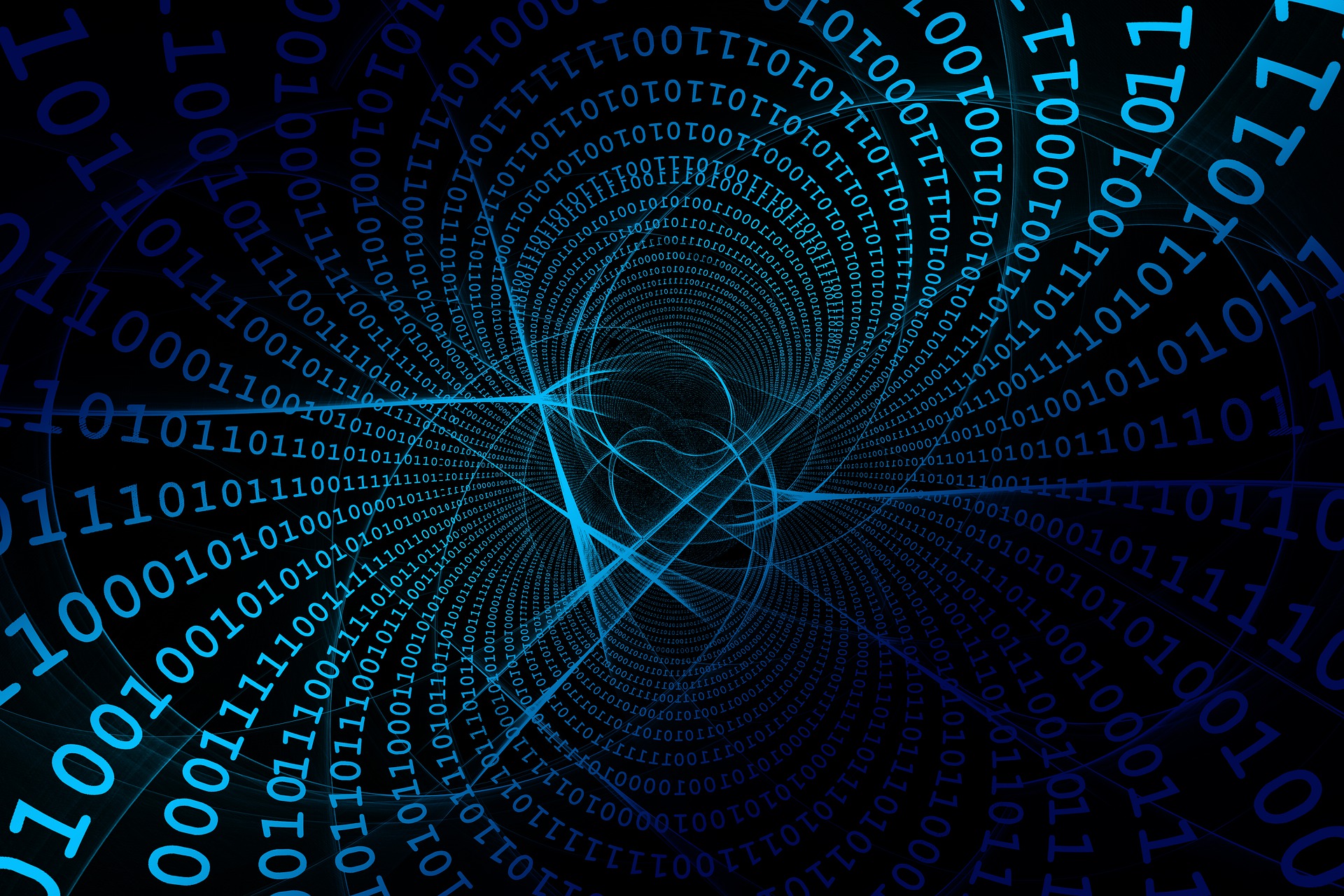The University of Kent is hosting a series of 4 virtual Royal Institution Computer Science Masterclasses for Year 12 and Year 11 students progressing to A Level Maths. The series will run from Saturday 12 June to Sunday 10 July 2021.
The Royal Institution Masterclass programme opens young people’s eyes to the diversity of STEM. Through series of extra-curricular workshops, students all over the UK meet to explore the subjects in new and exciting ways. The programme will allow you to gain a deeper understanding of the scope, creativity, relevance and potential applications of these far-reaching subjects. Throughout a Masterclass series, students will meet a range of speakers, giving you insight into possible STEM careers.
This summer, the University of Kent will run the following series of virtual classes:
3700 years of Computer Science: From Ancient Babylon to Quantum Computing
Dr Carlos Perez Delgado, Lecturer in the School of Computing
What is computer science, when and where did it get started, and where is it heading?
What makes computer science a science?
Predicting the results of the US presidential elections
Dr Eleni Matechou, Senior Lecturer in Statistics, School of Mathematics, Statistics and Actuarial Science.
This session will teach students how to fit and interpret a model for predicting the outcome of US presidential elections based on the economic growth at the end of the preceding administration
So what can we do with some electronics and a potato?
Dr Robert Horne, Lecturer in Electronic Systems at the School of Engineering and Digital Arts
Using an online Arduino simulator and common electronic components we will explore the power of the everyday spud!
Computer Science and Social Media
Ben Doran, Causeway Associate in Computer Science, The Royal Institution
Social media gives people everywhere an opportunity to openly share their thoughts, feelings and experiences in real-time. In this session we will think about how we can approach this collection of posts as raw data, and how we can use the tools of computer science to uncover what they tell us about the world.
